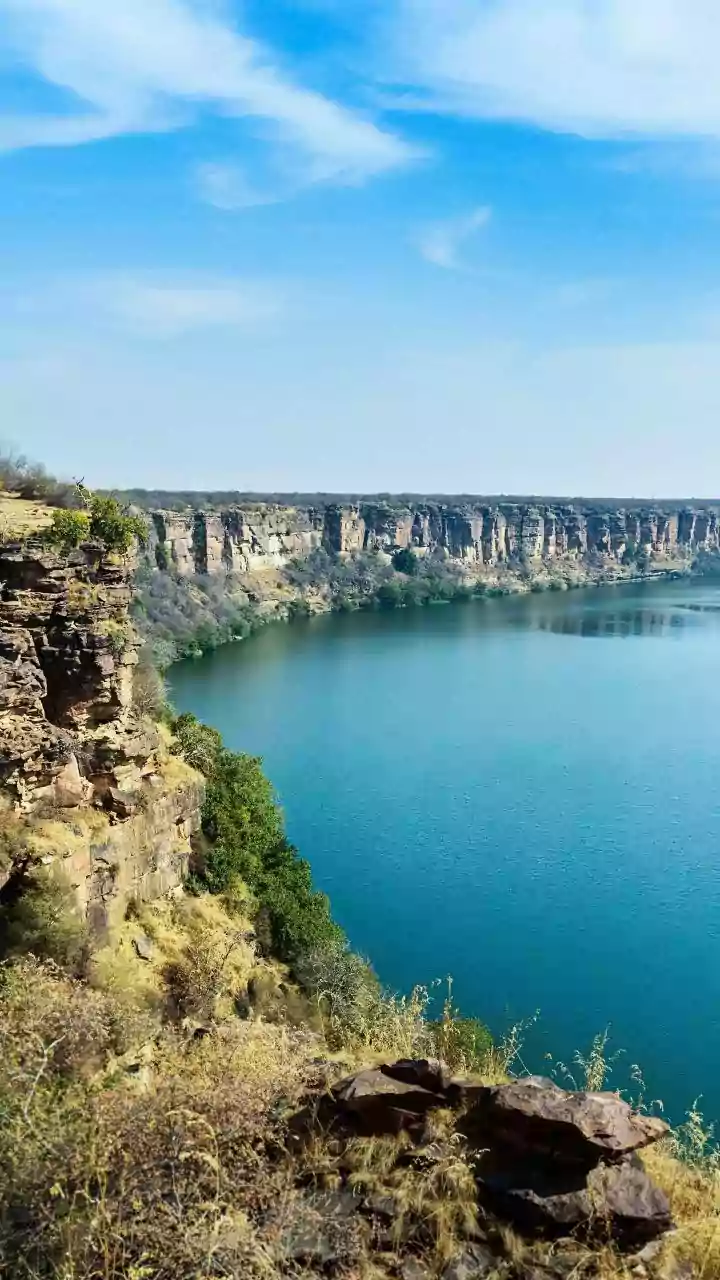Destination Selection
The first step in planning a trip is to determine where you want to go. This involves more than just a whim; it's about aligning your interests with your available
time and resources. Consider factors like weather patterns, peak season, and the experiences you desire. For instance, if you are a fan of warm weather and beaches, the ideal time for the Maldives could be between November and April. However, if history and culture are your passions, cities like Rome or Delhi might captivate you year-round. Conducting thorough research about a destination's cost of living, visa requirements, and cultural norms is crucial to avoid surprises and have a smooth journey. Once you have a potential destination, research the best time to visit it, ensuring it aligns with your interests and preferences. This phase enables you to visualize your trip and begin to plan with a clearer picture of what your journey entails.
Booking Accommodations
Once you've settled on your destination and travel dates, the next step is securing your accommodation. There's a wide variety of options, from budget-friendly hostels and guesthouses to luxurious hotels and private villas. Booking your stay ahead of your trip is generally advisable, especially during peak travel seasons. This ensures availability and can help you secure better rates. Comparison websites allow you to compare prices across different accommodation providers. Evaluate factors such as location, reviews, amenities, and accessibility to public transport when making your choice. Consider the type of experience you want – a secluded stay in a villa or a social hostel atmosphere. Also, be mindful of cancellation policies. A flexible cancellation policy could save you from unnecessary stress if unforeseen circumstances require you to change your travel dates. Taking the time to compare and consider these various aspects will help you find accommodation that aligns with both your budget and preferences.
Transportation Logistics
Arranging transport is another core element of trip planning. First, decide how you will get to your destination – by air, train, bus, or car. Book your flights or train tickets well in advance, particularly if you're traveling during a busy period. Consider factors like layovers, baggage allowances, and the convenience of the airport or station location. For domestic travel, trains are a comfortable and scenic option. Evaluate whether you need local transportation at your destination. Research public transport systems, such as buses and metro, to determine if they meet your needs. In addition, renting a car can offer greater freedom and flexibility. Review the road rules and driving requirements in your chosen destination. The early planning of transportation logistics will ensure that you arrive at your destination and move around with ease during your trip.
Packing Essentials
Packing correctly is fundamental to an enjoyable trip. Create a packing list tailored to your destination's climate, activities, and your travel style. Include necessary clothing, such as appropriate footwear, outerwear, and versatile layers. Also, don’t forget essentials like toiletries, any necessary medications, travel documents, and your wallet. Adaptors for electronic devices and a universal power adapter are necessary for international travel. Think about the activities you'll be participating in during your trip. If you plan on hiking, you should pack appropriate hiking boots and gear. Roll your clothes instead of folding them to maximize space and minimize wrinkles. Finally, pack a small first-aid kit that includes bandages, antiseptic wipes, and any personal medications. Proper packing can make your journey less stressful, allowing you to focus on the experiences.
Travel Safety First
Prioritizing your safety is vital for any trip. Research the safety guidelines of your destination before your journey. Be aware of any travel advisories from your government. When you are out, keep valuables secure, such as your wallet, passport, and expensive jewelry. Avoid displaying large amounts of cash. Keep your emergency contact information readily available. Share your itinerary with family or friends and update them about your movement. Learn basic phrases in the local language to communicate effectively. Be mindful of your surroundings, particularly in crowded areas. Also, ensure that your travel insurance covers medical emergencies and other potential travel-related issues. Preparing for unforeseen circumstances will increase your safety and give you peace of mind, allowing you to enjoy your trip.
Budgeting for Trip
Setting a budget helps manage trip expenses and avoid financial strain. Start by estimating your travel costs, encompassing flights, accommodation, transport, food, activities, and incidental expenses. Research typical costs for these items in your chosen destination. Allocate your funds appropriately across categories, assigning more money to aspects you value most, for example, food or sightseeing. To save money, look for affordable accommodations, eat local cuisine, and use public transport. Explore free activities, such as visiting parks, museums, or attending local festivals. Consider using a travel credit card to earn points or miles. It is always beneficial to have some additional funds for unexpected expenses. Regularly check your budget to monitor your spending and make any necessary adjustments. By doing so, you can avoid financial troubles and be sure that you get the most out of your trip.
Enhance Travel Experience
Make your trip more enriching by embracing local experiences. Try regional cuisine, visit local markets, and talk to locals. These actions will give you a better understanding of the local culture. Take advantage of any opportunities to participate in cultural activities, such as traditional festivals or art workshops. Interact respectfully and learn about the local customs and traditions. Be open to new experiences and be ready to adapt your plans. Capture your memories through photographs, videos, or a travel journal. Share your experiences with others through blogging or social media. Enriching your travel experience results in deeper, more meaningful connections with the places you visit and the people you encounter. By engaging with the local culture, you'll gain a richer appreciation for your trip.
Final Preparations
As your trip draws near, finalize all preparations. Double-check all travel documents, including your passport, visa, and any other important identification. Reconfirm your flight and accommodation bookings. Notify your bank and mobile provider of your travel dates, so that your cards and phone service can be used abroad. Pack any last-minute items. Share your itinerary with a trusted friend or family member, making sure they can reach you easily. Make copies of your essential documents and store them separately. If needed, exchange currency or get local currency. Ensure all your electronic devices are charged and you have the necessary chargers and adapters. By completing these final preparations, you can ensure that your trip will be smooth and stress-free. It also sets the stage for the exciting adventure you will have.


















